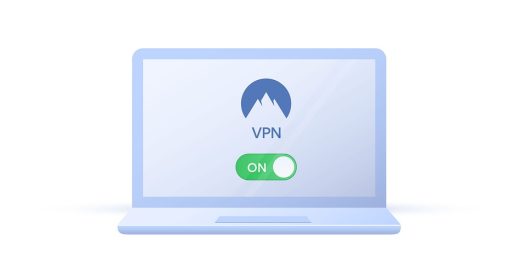
With the increasing reliance on the Internet for various aspects of our lives, it has become more important than ever to maximize our online experience. Efficient internet browsing can help us save time, stay organized, and make the most out of our time online. In this article, we will discuss some tips for efficient internet browsing that can help you make the most of your online experience.
Useful Tips for Efficient Internet Browsing
1. Use Keyboard Shortcuts
One of the easiest ways to increase your browsing speed is by using keyboard shortcuts. Shortcuts like Ctrl + T to open a new tab, Ctrl + W to close a tab, and Ctrl + F to search for a specific word on a page can help you navigate the internet more efficiently. Familiarizing yourself with these shortcuts can save you a significant amount of time.
2. Organize Your Bookmarks
Bookmarks are a great way to keep track of your favorite websites, but they can quickly become disorganized and overwhelming. Take the time to organize your bookmarks into folders and remove any that you no longer use. This will make it easier to find the websites you need and avoid wasting time searching through a cluttered bookmark bar.
3. Install Ad Blockers
Ads can be a major distraction and can slow down your browsing experience. Installing an ad blocker can help you navigate the internet more smoothly by eliminating unnecessary ads. This can also help to protect your privacy and security online.
4. Utilize Tabs Effectively
Tabs are a great way to multitask while browsing the internet. Instead of opening multiple windows, use tabs to keep different websites open simultaneously. This can help you stay organized and switch between websites more efficiently.
5. Clear Your Browsing Data Regularly
Over time, your browser can accumulate a significant amount of browsing data, including cookies, temporary files, and history. This can slow down your browsing experience and compromise your privacy. Regularly clearing your browsing data can help you maintain a smooth and efficient browsing experience.
6. Use Search Engine Shortcuts
Search engines like Google have various shortcuts that can help you find what you need more quickly. For example, using quotation marks around a phrase will search for the exact phrase, and using a minus sign before a word will exclude that word from the search results. Familiarizing yourself with these shortcuts can help you save time while searching online.
7. Optimize Your Browser Settings
Most browsers have settings that can be customized to optimize your browsing experience. For example, you can enable tools like auto-fill for forms, enable pop-up blockers, and set your default search engine. Taking the time to customize your browser settings can help you navigate the internet more efficiently.
Conclusion
Efficient internet browsing is important for making the most out of our time online. By using keyboard shortcuts, organizing your bookmarks, installing ad blockers, utilizing tabs effectively, clearing your browsing data regularly, using search engine shortcuts, and optimizing your browser settings, you can significantly increase your browsing speed and productivity. These tips can help you save time, stay organized, and make the most out of your online experience.
FAQs
Why do we need a website?
A website is important for businesses, organizations, and individuals as it serves as a platform to showcase products, services, information, and communicate with a wide audience. It also helps in establishing an online presence and credibility.
What are some important quality keywords to rank an article/post?
Some important quality keywords to rank an article/post include long-tail keywords, location-based keywords, buyer-intent keywords, and semantic keywords that are relevant to the content and have high search volume and low competition.



